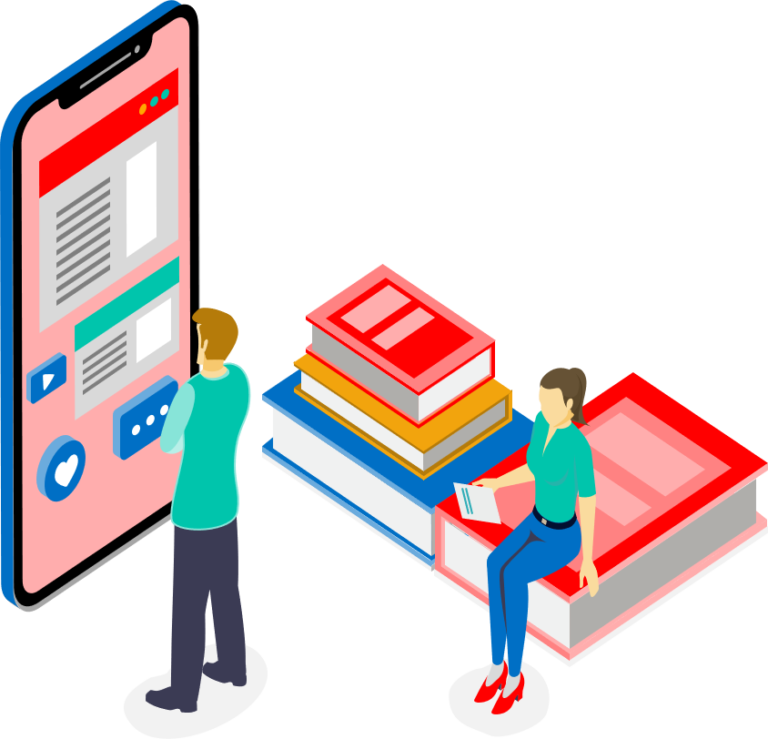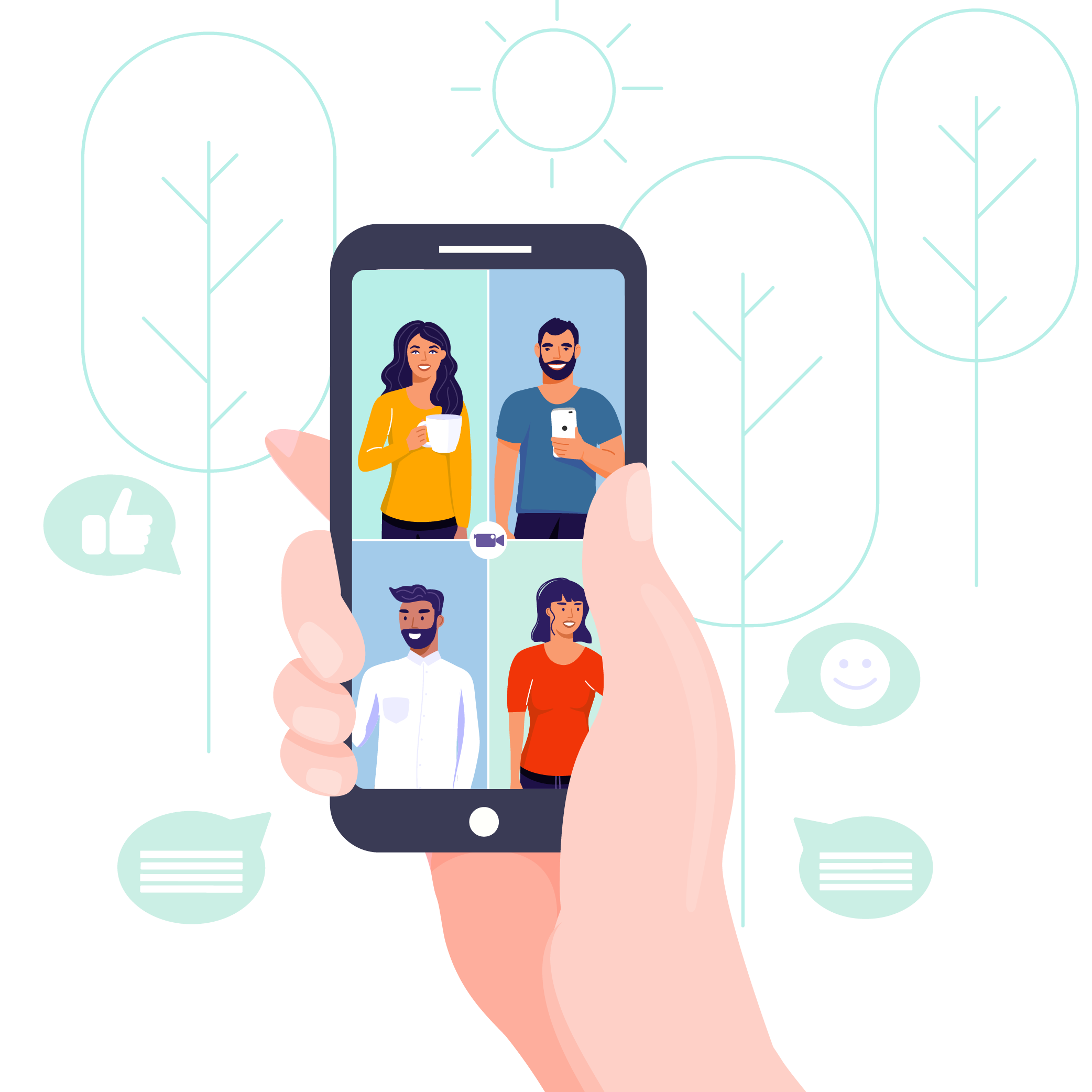Changes brought by the Covid-19 pandemic have challenged workers in various ways, but forced remote work also has positive implications
Over the last year, the Covid-19 pandemic has drastically changed the way people work, the shift to remote work being perhaps one of the most apparent and widespread of changes. This rapid shift to remote work has challenged workers in many ways, ranging from learning and adapting new technologies to balancing work- and family-life. As our researchers are examining these topics from multiple perspectives, they are also constantly reviewing emerging research to stay in the know on the latest research findings on remote work. This week, they looked into what are the effects of enforced working from home on collaboration, the ubiquitous nature of communication technology in remote work, and whether some of the pandemic related threads can be turned into creative efforts.

The qualitative study by Waizenegger et al (2020) explored how knowledge workers’ collaboration changed when they were enforced to transition to remote work due to Covid 19 lockdown. The study is based on 29 interviews with knowledge workers who worked in office spaces before COVID-19 and were forced to work from home during the lockdown. The study particularly focused on how the loss of shared physical space was substituted with new ways of using online collaboration tools and what challenges and benefits related to collaboration were experienced related to this. The paper shows that the lack of spontaneous coordination and ad hoc conversations in remote work as well as virtual-meetings-fatigue were considered to hamper and slow down collaboration and knowledge sharing as employees avoided any additional contacting of colleagues. On the other hand, as everyday communication between colleagues became scheduled and the threshold for ad hoc contacting increased, communication and coordination between team members improved as they now had to be very clear in their updates and task instructions. Also, new meeting practices were established to monitor employee well-being, and the novel ways of using online tools spurred by the lockdown increased informal interaction between distant colleagues and strengthened a sense of community.

Literature: Lena Waizenegger , Brad McKenna , Wenjie Cai & Taino Bendz (2020). An affordance perspective of team collaboration and enforced working from home during COVID-19, European Journal of Information Systems, 29:4, 429–442, DOI: 10.1080/0960085X.2020.1800417

The use of communication technology blurs the temporal, spatial, and relational boundaries between work and free time. Communication technology enables constant connectivity to colleagues or to friends and family members. With technology, digital work can be done regardless of time and space. The ubiquitous nature of communication technology calls for new boundary management practices. In their study, Ollier-Malaterre, Jacobs, and Rothbard (2019) suggest that communication technology management includes three distinct areas: connectivity management, online self-presentation and privacy management. These communication management skills can be understood as digital cultural capital. Having digital cultural capital builds up individuals’ agency with respect to technology, which may prevent even burnout.

Literature: Ollier-Malaterre, A., Jacobs, J. A. & Rothbard, N. P. (2019). Technology, work, and family: Digital cultural capital and boundary management. Annual Review of Sociology, 45(1), 425-447. doi:10.1146/annurev-soc-073018-022433
Can the challenges brought about by the COVID-19 pandemic end up fueling creative efforts and if so, how could it happen? These questions piqued the interest of prof. Dick De Clercq and prof. Renato Pereira enough to conduct a survey study on these issues among employees (N = 128) of a Portuguese real estate company.
The duo hypothesized that some employees might respond to perceived external threats by engaging in work-related task-conflict, in other words, reaching out to other organizational members and exchanging ”potentially conflicting work-related viewpoints” (De Clercq & Pereira, p. 107). Such behaviour in turn could lead to increased creativity. Authors also expected to find differences between people with high or low collectivistic orientation. Those more committed to work for the greater good were presumed to find putting themselves on the line by voicing critical views more appealing.
The results of the study provided support for these hypotheses, leading the authors to argue for several implications. First, organizational members’ concerns stemming from crisis situations can act as a trigger of creativity. Second, actors pursuing constructive, critical dialogue to overcome resource-draining situations can lead to co-creation of fitting solutions to the perceived issues. Third, such a dynamic is particularly likely among individuals with strong collectivistic orientations.


Literature: De Clercq, D., & Pereira, R. (2021). Taking the Pandemic by Its Horns: Using Work-Related Task Conflict to Transform Perceived Pandemic Threats Into Creativity. The Journal of Applied Behavioral Science, Vol 57(1), p. 104–12
